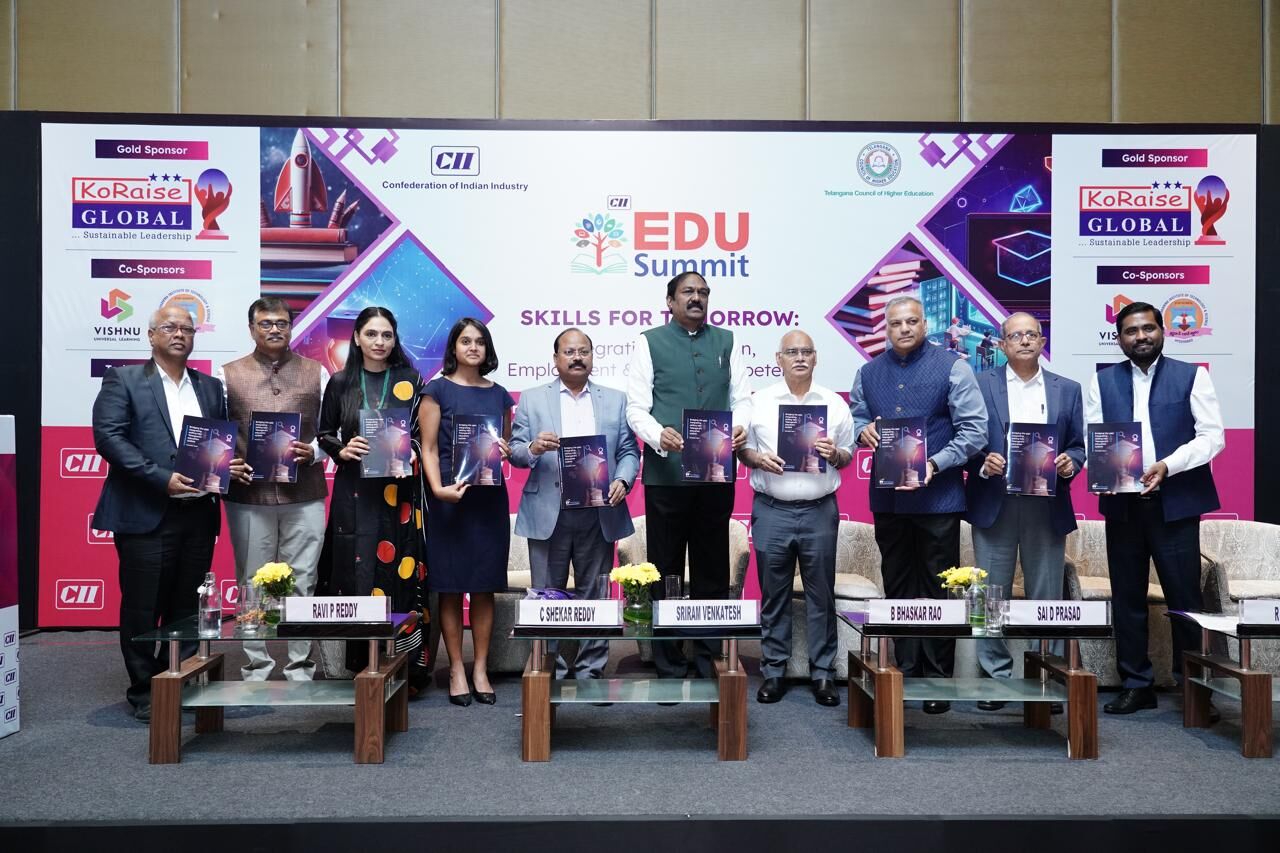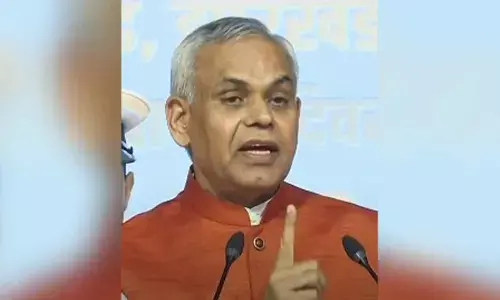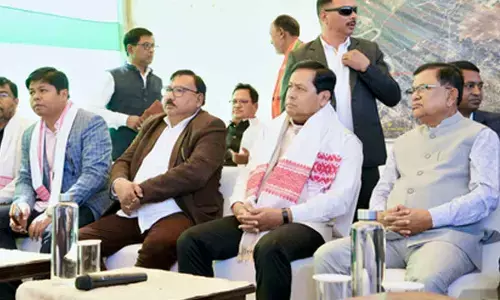With 16 lakh jobs on the horizon, Telangana focuses on building a skilled workforce by 2030: EY-Parthenon – CII Report

Telangana is taking transformative steps to align its education system with the demands of a rapidly growing economy, with a focus on skill development.
Telangana is taking transformative steps to align its education system with the demands of a rapidly growing economy, with a focus on skill development. The recently released Bridging the Gap: Integrating Skilling into Telangana’s Education System report, prepared by CII Telangana in collaboration with EY-Parthenon, provides a comprehensive analysis of the state's education sector. It highlights emerging trends, challenges, and opportunities, emphasizing the need to integrate vocational training and industry-aligned skills into the curriculum.
With Telangana's economy projected to reach US$ 187 billion in 2023-24 and expected to double by 2030, the state is set to become a leader in India's economic future. To support this growth, the Telangana government is focusing on equipping its youth with the necessary skills to excel in high-growth sectors like life sciences, IT, renewable energy, electric mobility, and defence.
Talking about the report, Dr Avantika Tomar, Partner, EY-Parthenon said, “Integrating skill education and vocational training into traditional education models is crucial for the growth and competitiveness of any nation, including India. Telangana has recorded the highest growth in real GSDP among all states in FY24, outpacing the national GDP growth. The state has also made substantial strides in expanding educational access beyond the national average, driven by a range of impactful initiatives and reforms led by the state government. Despite these achievements, Telangana has several opportunity areas in higher and skill education, including aligning academic curricula with industry skill demands, strengthening industry partnerships for internships, enhancing the focus on soft skills, and developing more structured course groupings”.
Sai Prasad, Chairman, CII Telangana, emphasized, "CII has consistently advocated for strategic policy recommendations aimed at positioning Telangana as a $1 trillion economy. We believe that fostering an ecosystem conducive to sustainable growth requires a multi-faceted approach, including enhanced industry-academia collaboration. In this context, one of the key areas we are focusing on is the integration of industry internships, not just for students, but also for faculty members. By making internships mandatory for faculty, we can ensure that educators are more closely aligned with industry trends, thereby enhancing their teaching methods and better preparing students for the workforce. This will bridge the gap between academia and industry, driving innovation and increasing employability in the long run."
Strengthening skill development in Telangana’s education ecosystem
The Telangana government has launched a series of initiatives to address critical gaps in education and skilling. Through collaborative efforts with AICTE and other bodies, the state is introducing industry-specific vocational training courses to ensure a direct alignment with market demands. With a goal of achieving 100% youth literacy by 2030, the state is expanding access to education for marginalized groups, particularly in rural areas.
However, challenges remain. Despite strong growth in educational access, high dropout rates and limited employability at the secondary and higher education levels persist, particularly in urban areas. Currently, Telangana faces a rising urban unemployment rate, and many young graduates are employed in low-wage jobs due to gaps in industry-relevant skills.
Aligning education with industry needs
In response, Telangana is making a major shift towards a skill-centric education model. This includes introducing vocational training starting from Class 6, incorporating skill-based education into 30% of traditional curricula, and emphasizing technology and soft skills development.
Fostering collaboration between institutions and industry
To bridge the gap between academia and industry, Telangana is prioritizing collaboration between educational institutions and businesses. By fostering experiential learning opportunities through internships, apprenticeships, and real-world projects, students will gain practical, hands-on experience that enhances their employability.
A global perspective on skilling initiatives
Learning from global best practices, Telangana is looking to countries like Germany, Japan, and Australia that have successfully integrated vocational training systems into their economies, driving sustainable growth and workforce readiness.
The road ahead: building a future-ready workforce
Telangana’s comprehensive skilling initiatives, outlined in the Bridging the Gap report, focus on aligning education with industry needs, improving job readiness, and ensuring that the state remains competitive on both the national and global stage. The state is committed to fostering a workforce equipped to meet the demands of its growing economy.

















